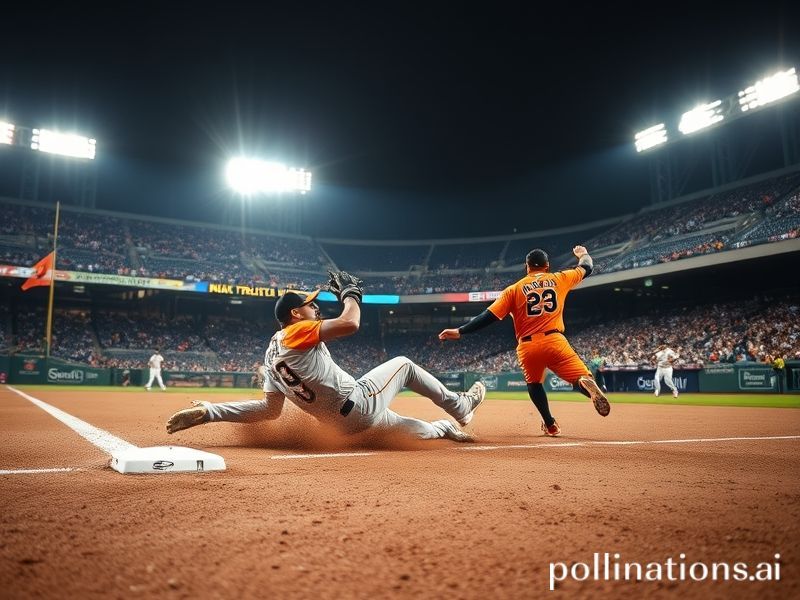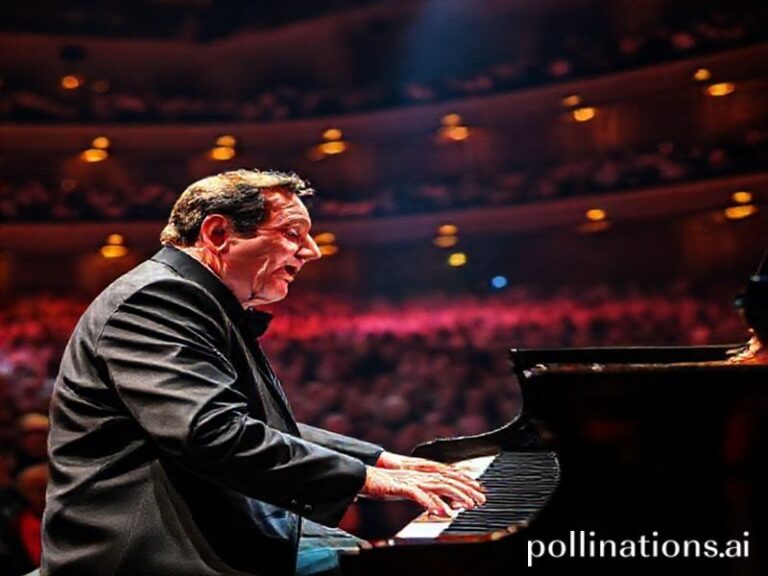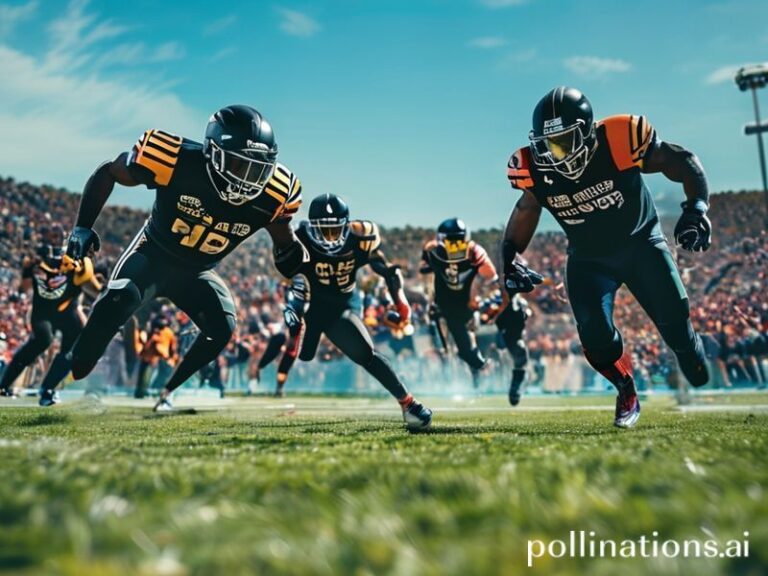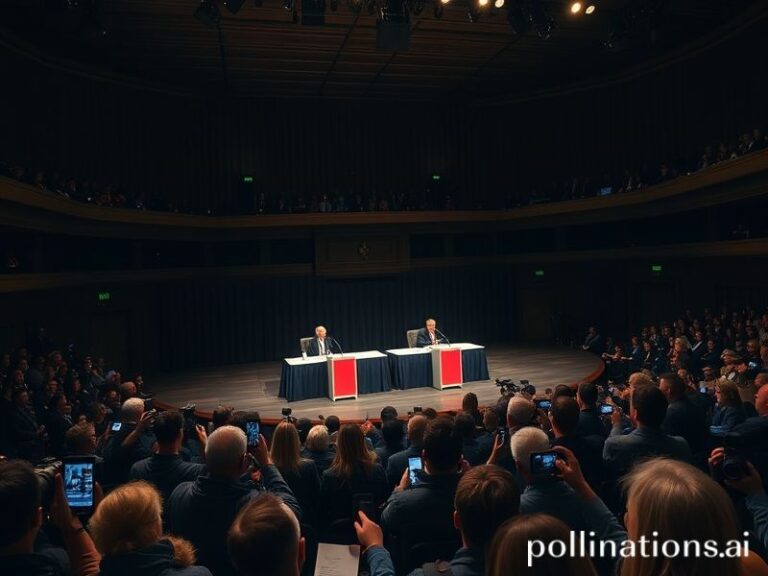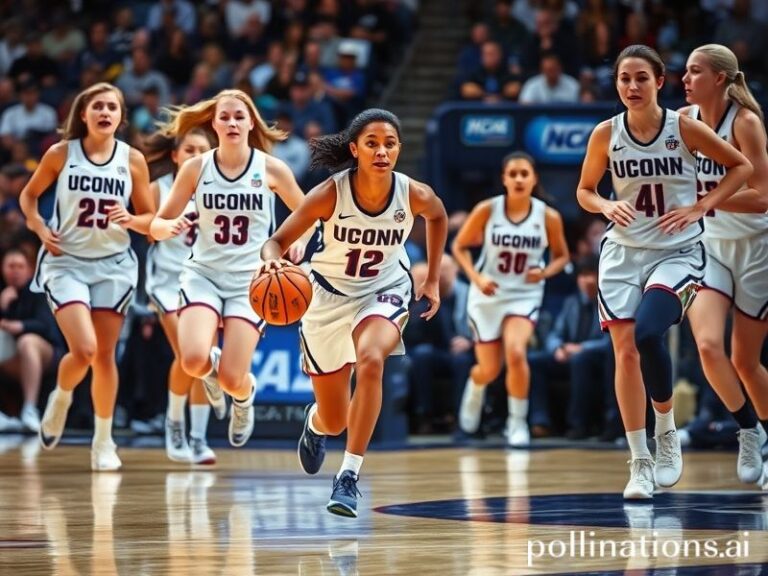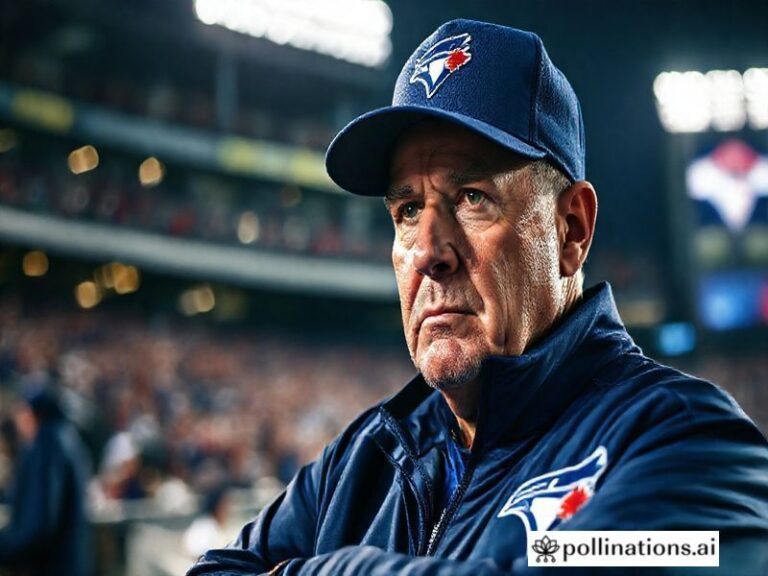Rays vs Orioles: A Global Parable of Baseball, Bankruptcy, and Manufactured Hope
Tampa Bay’s Strip-Mall Spartans versus Baltimore’s Post-Industrial Songbirds: A Dispatch from the Edge of the Empire
By the time first pitch is thrown at whatever the Rays are calling their ballpark this fiscal quarter, the Earth has already spun through three currency crises, two surprise elections, and one quietly abandoned climate target. Yet 30,000 Floridians and a smattering of tourists still decide that watching a last-place club host a slightly less last-place club is a reasonable use of finite heartbeats. Somewhere in Zürich, a bond trader shrugs and books another screen: the algorithmic gods have spoken, and they say baseball is still cheaper than therapy.
Globally, the Rays-Orioles tilt is less a contest than a parable about late-stage capitalism playing out in cleats. Tampa Bay’s roster is an exercise in asset stripping disguised as Moneyball—every promising arm is pre-tagged for export the moment arbitration grows impolite. Across the diamond, Baltimore has decided to tank so methodically that even the IMF would blush. Their fans, battle-hardened by decades of urban shrinkflation, now treat wins like surprise interest-rate hikes: briefly thrilling, ultimately inflationary.
Still, the world tunes in, if only because the alternative is doom-scrolling footage of glaciers suing for emancipation. In Singapore, a data analyst watches on a cracked tablet during his fifth straight overnight shift; he has a futures contract on Wander Franco’s OPS because the company cafeteria accepts FanDuel credits. In Lagos, a group of university students live-stream the game over a communal hotspot, practicing American idioms they hope will charm recruiters from Delaware consultancies. They cheer when Cedric Mullins legs out a double, unaware that their cheering is itself a commodity being harvested for a hedge fund’s sentiment index.
The geopolitical subtext is deliciously bleak. The Rays’ payroll is roughly the GDP of the Solomon Islands, while the Orioles’ entire analytics department could be bankrolled by a single Russian oligarch’s yacht-refueling budget. Both teams are subsidized, directly or otherwise, by municipal governments that can’t reliably keep lead out of drinking water. If that sounds like a metaphor, congratulations: you’ve grasped the continental drift of American decline without needing a passport.
On the field, the game proceeds with the solemn absurdity of a United Nations session. In the third inning, a reliever imported from a Caracas academy strikes out a catcher imported from a Seoul academy, while an Australian-born umpire calls balls and strikes with the weary precision of someone who knows his pension is denominated in a currency currently being debased by people he will never meet. Everyone involved is wearing polyester stitched in Bangladesh, broadcasting light to satellites launched by Elon Musk, whose other company is busy turning low-earth orbit into a strip mall.
The scoreboard, naturally, is beside the point—unless you’re the kind of person who still believes in sovereign credit ratings. By the seventh-inning stretch, Tampa leads 4-2, but the real action is in the stands: a crypto bro proposes to his girlfriend via stadium hashtag; the Jumbotron obliges because engagement metrics are the only reliable export left. She says yes, the crowd roars, and somewhere in Brussels a bureaucrat adds “digital love tokens” to the list of sanctioned goods.
When the final out is recorded, the Rays have won, the Orioles have lost, and absolutely nothing has changed except the decimal places on several thousand offshore accounts. Players shower, fans file out, and the stadium lights dim to conserve kilowatts earmarked for tomorrow’s hurricane evacuation. In the parking lot, a man sells bootleg t-shirts that read “World Series 2025: This Time It’s Personal.” No one has the heart to tell him the slogan is already copyrighted by a private-equity firm in Luxembourg.
Conclusion: From the vantage of a planet lurching between pandemics and populism, the Rays and Orioles are not merely baseball teams; they are floating signifiers in a global supply chain of manufactured hope. We watch because the alternative is admitting that the game ended decades ago and we’re just here for the fireworks. But hey—at least the fireworks are tax-deductible.

